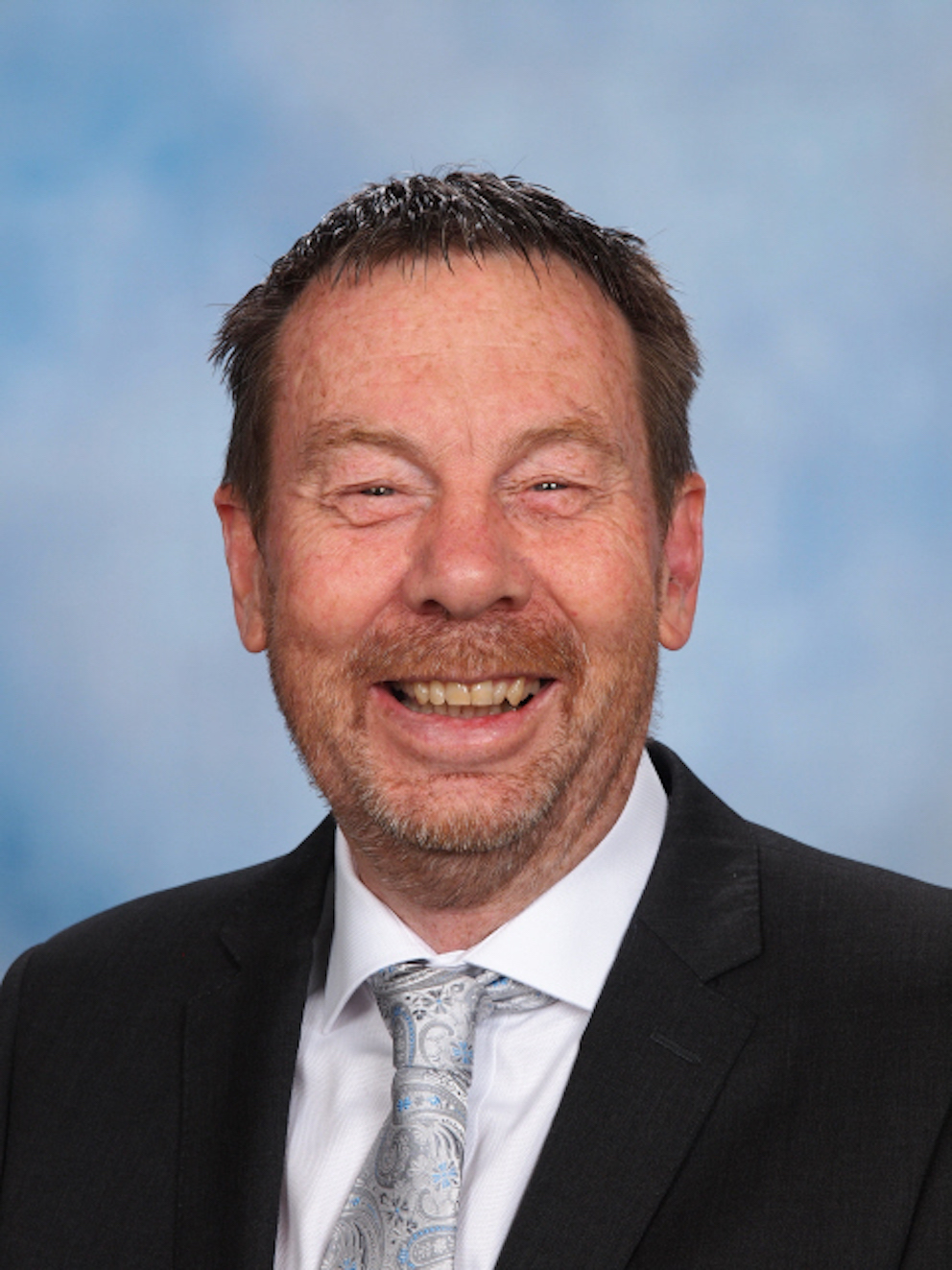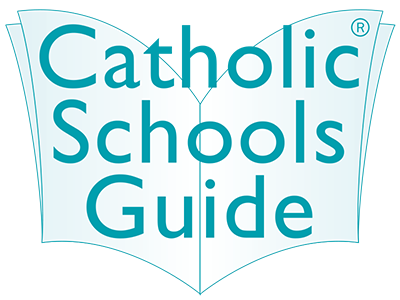News and Media

Practitioner Voice: The Educational Value And Importance
By Phil Lewis
Executive Officer, Catholic Secondary Principals Australia (CaSPA)
The principle of subsidiarity and the Catholic Church was published some years ago by Andrew Murray. In the article he explained the importance of Catholic Social Teaching, which includes the principle of subsidiarity. The fundamental principle is that every social activity should, by its very nature, prove a help to members of the body social, it should never destroy or absorb them. In the Dominican tradition, subsidiarity was providing an opportunity for those affected by decision makers to contribute to the decision. In more contemporary terms, this principle could be named as providing a VOICE to the members of a community or organisation.
Parent Voice
Catholic schools have a multitude of ways that parents can share their views and work in partnership. These include School Boards, School Parents & Friends, local and national Parent Associations (e.g. CaSPA) and, of course, through the Learning Management Systems (LMS), which exist in schools today. There is a significant body of research that clearly demonstrates the effectiveness of parent / school partnerships in the social and academic development of students.
Student Voice
Students are the people who are directly or indirectly affected by all decisions made in schools. Hence, as the research of Russell Quaglia and others would argue, students have practitioner insights into the operation of a school. They are central to the action and they can offer valuable information and contribute possible solutions for school leadership.
Teacher Voice
The research of Helen Timperley and others has demonstrated that the teacher voice in their professional learning is vital for relevance and their authentic engagement. Teachers’ ongoing commitment to their learning has also been reinforced through the work of AITSL and further evidenced in the National Teacher Standards. The context of a school is very important and, therefore, professional learning is most effective when it is tailored to the needs of the teacher and the school
Principal Voice
Systems and governments throughout Australia, in a similar vein, need to value the voice of the school principals who are central to the action, are in touch and possess a legitimacy of contextual educational knowledge. Principals not only provide feedback and ideas for initiatives, but they also provide the valuable agency through their professional associations to introduce change and development in Australian education.
Conclusion
As with many other matters in education, there are many agencies and levels of government to be consulted for any lasting change to occur. As one of the three education systems, Catholic school parents, students, teachers and principals are an important voice to inform continuous improvement in Australian education.
Arguably, teachers and principals have a unique perspective that must continue to be valued in Australian education. They are the teachers and the leaders innovating in classrooms and schools. They are reflecting on their practice through sharing powerful experiences. They are also sharing new ways of thinking about education, leading, teaching and learning along with their students. They are actually doing the work!
In conclusion, the practitioner ‘voice’ and how we hear it has undergone significant change from the past to our present. Hopefully this voice will be enhanced even more the future.

